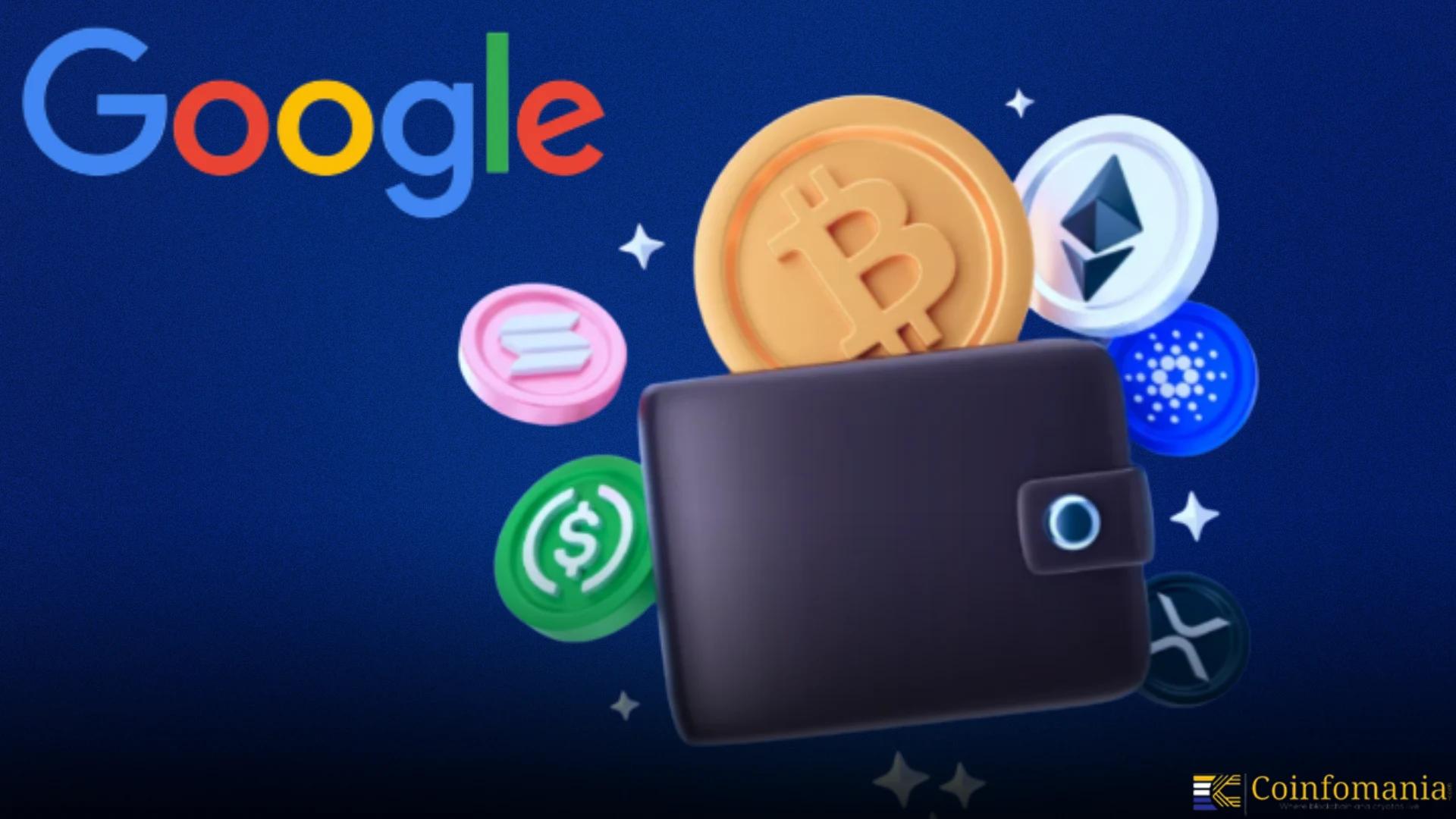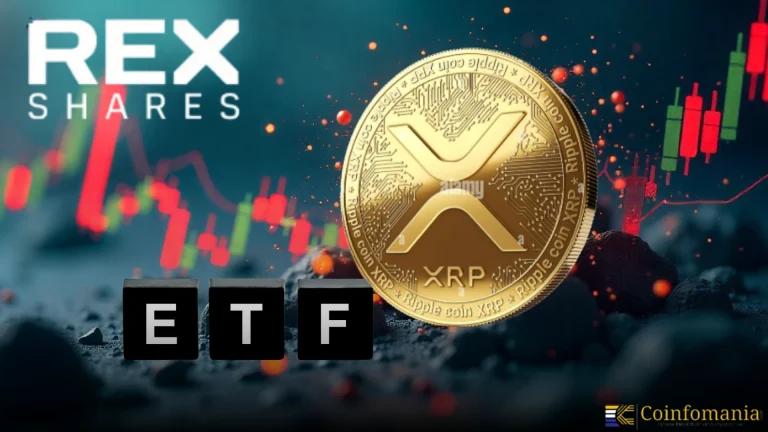Google Clarifies Non-Custodial Crypto Wallet Rules Before Oct 2025
Google has addressed confusion over its updated cryptocurrency policy, confirming that non-custodial wallets are exempt.

Quick Take
Summary is AI generated, newsroom reviewed.
Google's October 2025 crypto policy requires licenses for custodial wallets and exchanges, not non-custodial wallets.
The clarification follows public pressure from the crypto community over initial policy concerns.
Custodial apps must comply with local regulations, such as FinCEN in the U.S. and MiCA in the E.U.
Google has moved to clear up confusion surrounding its upcoming cryptocurrency app policy. The company has confirmed its new licensing rules. That will start in October 2025 and will not affect non-custodial wallets. This clarification comes after concerns were raised in the crypto community that the new rules would require all wallet apps, including non-custodial ones, to obtain federal licenses in the United States and the European Union.
Early Reports Stirred Industry Concern
Initial interpretations of the new policy sparked alarm among developers and wallet providers. Some believed Google Play would require licenses for all wallet types, regardless of how they operate. BlueWallet, a well-known self-custody wallet provider, publicly asked Google for confirmation. He argues that no law mandates such licenses for non-custodial wallets. Their post quickly circulated in crypto circles, prompting calls for Google to address the issue directly.
Google Confirms the Scope
Responding to the inquiries, Google confirmed that the updated Cryptocurrency Exchanges and Software Wallets. The policy applies only to custodial wallets and exchange apps that hold user funds on behalf of customers. Non-custodial wallets, which give users full control of their private keys, are outside the scope of the October policy change. A company spokesperson added that the Help Center will be updated soon to make the distinction clearer.
Regional Licensing Requirements
For custodial wallet and exchange apps, Google outlined a detailed list of licensing obligations based on the jurisdictions targeted. Examples include:
- United States – Registration with FinCEN as a Money Services Business and relevant state licenses, or a federal/state bank charter.
- European Union – Authorization as a Crypto-Asset Service Provider under MiCA by a national authority.
- Japan – Registration with the Financial Services Agency as a crypto asset exchange provider.
- United Kingdom – Registration with the Financial Conduct Authority.
Other regions such as Canada, South Korea, Hong Kong, Switzerland, and the UAE also have specific licensing rules. Transitional arrangements are in place for France and Germany. The existing national licenses will remain valid until mid or late 2026, before MiCA compliance becomes mandatory.
Industry Impact and Developer Guidance
Google says the updated policy aims to ensure user safety while keeping pace with fast-changing regulations. Developers will be required to declare whether their app is a cryptocurrency exchange or software wallet in the Google Play App Content section.
If they cannot meet a region’s licensing requirements, they will need to remove that market from their distribution list. Google may also request compliance proof at any time. By clarifying the rules now, Google aims to reduce uncertainty. It prevents market disruption and reassures non-custodial wallet providers ahead of the October deadline.
Follow us on Google News
Get the latest crypto insights and updates.
Related Posts

Hong Kong Banks Can Hold More Bitcoin as Rules Ease
Hanan Zuhry
Author

South Korea Crypto Sector Steps Up with New Venture Rules
Hanan Zuhry
Author

REX-Osprey Spot XRP ETF Goes Live Sept 12 in Landmark US Debut
Shweta Chakrawarty
Author